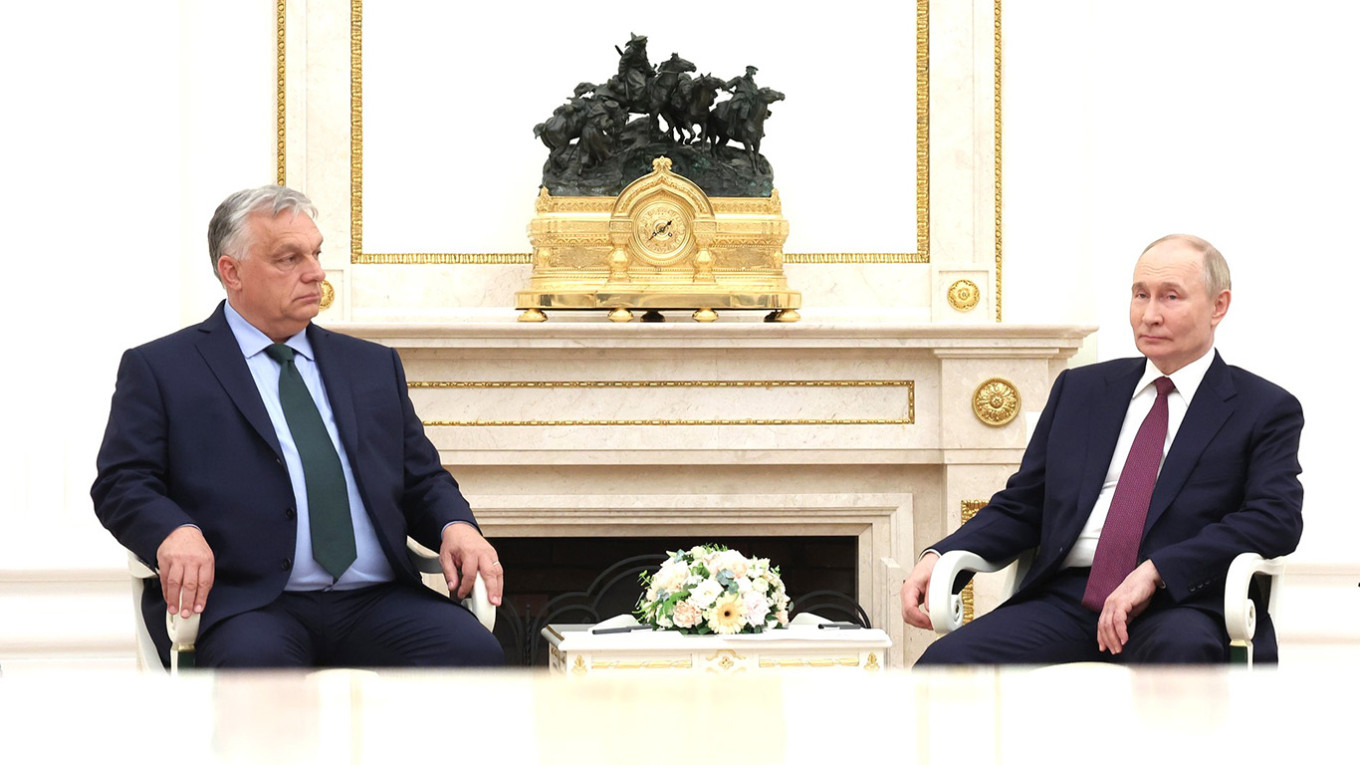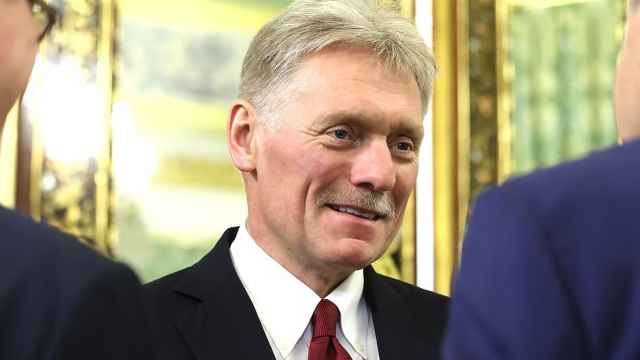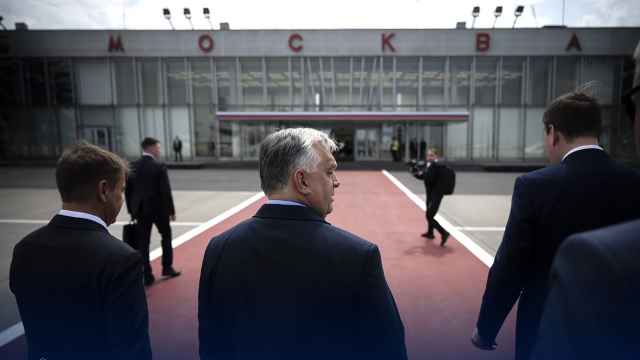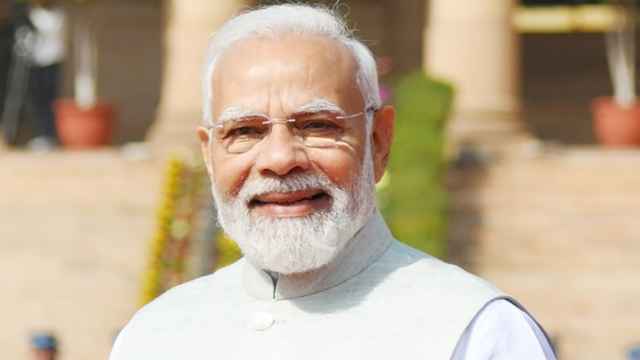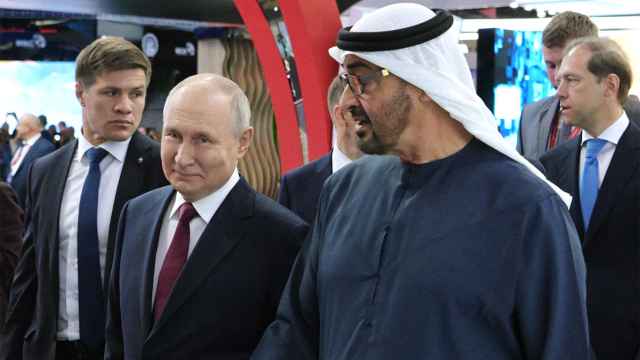“Mission accomplished!” crowed Viktor Orbán on July 5 after his surprise trip to Moscow, organized, as the Hungarian prime minister himself admitted, in utmost secrecy behind the back of Hungary’s allies, and, according to Ukrainian President Volodymyr Zelenskyy whom Orbán had met days earlier, Ukraine.
Just how successful Orban’s “peace mission” was, was laid bare in the most horrific way three days later, on July 8 as Russia carried out a missile attack against several Ukrainian cities, targeting, among others, a children’s hospital in Kyiv.
But this was no peace mission. Having no mandate from the EU, NATO, or Ukraine to talk, and the circumstances on the ground the most that Orban’s visit could possibly have accounted to, as regards the war, was passing on messages. If indeed there was anything to pass on, given that the political and military circumstances that affect the chances of meaningful ceasefire, let alone peace negotiations, have not changed.
President Vladimir Putin may allude that he regards Orban, whose country currently holds the rotating presidency of the EU Council, as the representative of the EU. He may care about European sanctions against Russia. But it is clear that even if Orban or the presidency had a mandate to act on behalf of the EU, Putin would hardly take negotiating with the bloc seriously. The Kremlin’s eyes are set on the U.S. presidential election in November, and the looming governance crisis in France, whose president has fashioned himself as the chief Western European hawk on Russia.
While we are not familiar with the substance of the conversations that Orban held behind closed doors with Putin, it is more likely that, like his talks in Kyiv, they covered bilateral issues. There is no doubt Hungary’s gas purchases, which could be impacted by the potential end of gas transit via Ukraine, were mentioned.
But why was it important for Orban and Putin to meet in person? Some might insist that the Hungarian prime minister is simply a Kremlin agent or Trojan horse. Orban’s government is not trying too hard to counter these claims. But this is a simplistic and not very helpful take. The reality is likely more complicated.
To understand Orban’s motivations, it is important to remember that he is currently engaged in a power struggle within the EU. Following an uneven showing of his allies in the European parliamentary elections in June and a dispute between several factions of illiberal parties, partly over the topic of the war in Ukraine, he has put together a new illiberal alliance, which is on track to become the third biggest group in the European Parliament.
Growing this alliance is key not only to the distribution of power in Brussels, but also because these parties might soon find themselves in government. Orban, who is still attempting to get access to Hungary’s frozen EU funds, hopes these allies could be counted on for political favors. He is thus trying to appear to be a major political pole, using the Hungarian presidency of the EU Council to support this effort.
Orban is greatly aided by the fact that, beyond the occasional weapons shipment and tightening of sanctions, the EU and the U.S. appear to have no clear plan to bring the war to an end in a way that respects Ukraine’s territorial integrity. The EU’s commitment to sustained assistance to Ukraine is weakening, and Brussels has no vision for dealing with a post-war Russia.
While this is so, Russia’s inhumane bombing campaigns may even help the cynical argument, often heard from supporters of concessions to Russia, that supporting Ukraine’s fight will actually lead to more innocent deaths. Orban’s “peace party” may be more suitably referred to as the business-as-usual party, since that is what its members actually desire. But, unlike its opponents, it offers what to many looks like a solution.
The Kremlin’s strategy, meanwhile, still hinges upon Russia’s resources and determination outlasting the will of Ukraine’s backers. While conventional wisdom may hold that time is on Putin’s side, Russia’s trade, domestic finances and political stability have all taken a hit due to the war.
Portraying Orban as the sober voice in the EU is useful to underpin Putin’s domestic argument that the active phase of the war will soon be over as the West is leaning towards pressuring Ukraine into a ceasefire on Russia’s terms. It is a win-win for both sides of the Moscow talks.
The most immediate benefit to Putin from Orban’s visit, however, is what it makes the EU look like. The frustration that the visit has unleashed is likely not even the most important thing. Leaders of the EU and its member states have quite rightly protested against the circumstances and the optics of Orban’s talks – but they have not done much else. Punishing a member state whose government uses the rotating presidency to deliberately undermine the EU’s position is not impossible. But such a step would most likely require the assent of a large majority of other member state governments, who are usually wary of setting such precedents. Orban’s rogue politicking does hurt Hungary’s chances to build alliances and secure deals within the EU, but this damage is incremental and difficult to show.
Currently, it looks like Orban can afford not to care too much about the consequences of his actions in the EU. That, even more than the cacophony of disputes around the Hungarian prime minister’s visit, this is something that the Kremlin loves to see.
A Message from The Moscow Times:
Dear readers,
We are facing unprecedented challenges. Russia's Prosecutor General's Office has designated The Moscow Times as an "undesirable" organization, criminalizing our work and putting our staff at risk of prosecution. This follows our earlier unjust labeling as a "foreign agent."
These actions are direct attempts to silence independent journalism in Russia. The authorities claim our work "discredits the decisions of the Russian leadership." We see things differently: we strive to provide accurate, unbiased reporting on Russia.
We, the journalists of The Moscow Times, refuse to be silenced. But to continue our work, we need your help.
Your support, no matter how small, makes a world of difference. If you can, please support us monthly starting from just $2. It's quick to set up, and every contribution makes a significant impact.
By supporting The Moscow Times, you're defending open, independent journalism in the face of repression. Thank you for standing with us.
Remind me later.



